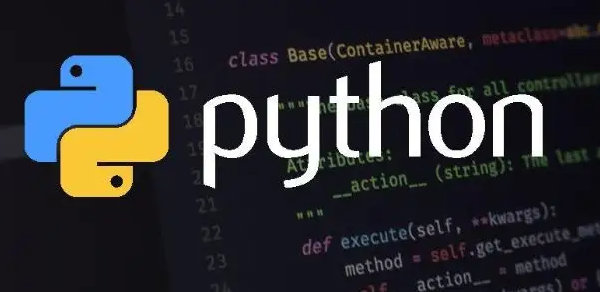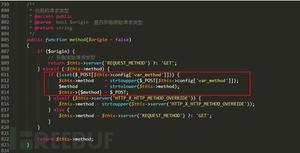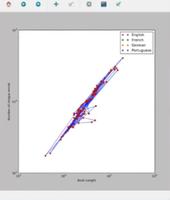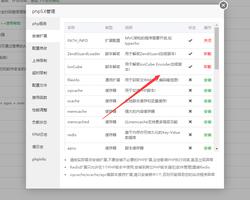Python如何监控键盘按了什么键

Python如何监控键盘按了什么键
1、安装pynput
pip install pynput # conda or py3
2、程序功能介绍
这个程序是为了实现监听键盘操作,记录键盘输入的值,获取
1 击键行为特征:
第一个键释放到第二个键按下的时间
第一个键按下到第二个键释放的时间
按下一个键盘到释放的时间
2 停顿特征:
停顿是两次敲击键盘是时间差超过规定的停顿阈限,根据已有的研究,这里将停顿阈限定为 2s。本文提取停顿次数、最长停顿、停顿位置等特征。
示例代码:
# -*- coding: utf-8 -*-ahello worldimport sys, os
from pynput.keyboard import Controller, Key, Listener
from pynput import keyboard
import time
# from tkinter import *
start=time.time()
end=time.time()
fun_start=0
time_interval=0
index=0
dict={'interval_times':0,'max_interval':0.,'interval_location':[]}
count=0
count_dict={'first_time':0.,'first_p_to_second_r':0.}
keyBoard_dict={'Key.enter':'
',
'Key.space':' ',
"Key.tab":' '}
#比较按键生成的两个txt文件,这里主要是为了实现当退格键按下后,
#对比退格前后文本的差异,这里可以自己延伸
def com_str(path, file1, file2):
path1 = os.path.join(path, file1)
path2 = os.path.join(path, file2)
with open(path1, 'r', encoding='utf-8') as f:
file1 = f.readlines()
content1 = [str.strip().split() for str in file1]
with open(path2, 'r', encoding='utf-8') as f:
file2 = f.readlines()
content2 = [str.strip().split() for str in file2]
#print("content1:", content1)
#print("content2:", content2)
str1 = []
str2 = []
for sub_list in content1:
str1.extend(sub_list)
for sub_list in content2:
str2.extend(sub_list)
# print("the str1:", str1, "the length:", len(str1))
#print("the str2:", str2, "the length:", len(str2))
origanl_len = len(str1)
print("extend", origanl_len)
if len(str1) > len(str2):
str2.extend([' '] * (len(str1) - len(str2)))
elif len(str1) < len(str2):
str1.extend([' '] * (len(str2) - len(str1)))
index = 0
indexs = []
count = 0
for i, j in zip(str1, str2):
if i != j:
indexs.append(index)
count += 1
if index < origanl_len - 1:
print("the before...")
else:
print("the after...")
index += 1
if count == 1:
print("single...")
elif count>1:
print("the sentence...")
#得到键入的值
def get_key_name(key):
if isinstance(key, keyboard.KeyCode):
with open(r'C:UsersadminDesktopkey_record.txt','a',encoding='utf-8') as f:
f.write(key.char)
with open(r'C:UsersadminDesktopkey_record1.txt','a',encoding='utf-8') as f:
f.write(key.char)
return key.char
else:
if str(key) in ['Key.enter','Key.space','Key.tab']:
with open(r'C:UsersadminDesktopkey_record.txt', 'a',encoding='utf-8') as f:
f.write(keyBoard_dict[str(key)])
with open(r'C:UsersadminDesktopkey_record1.txt', 'a',encoding='utf-8') as f:
f.write(keyBoard_dict[str(key)])
if str(key) in ['Key.backspace']:
com_str(r'C:UsersadminDesktop','key_record.txt','key_record1.txt')
return str(key)
# 监听按压
def on_press(key):
global fun_start,time_interval,index,dict,count,count_dict
fun_start = time.time()
if count == 0:
count_dict['first_time'] = fun_start
if index == 0 or index == 1:
time_interval = fun_start - start
if index == 1 and time_interval > 2.:
#停顿位置
dict["interval_location"].append(key)
#停顿次数
dict['interval_times'] += 1
#最长停顿
dict['max_interval'] = time_interval if time_interval > dict['max_interval'] else dict['max_interval']
index += 1
print("正在按压:", get_key_name(key))
# 监听释放
def on_release(key):
global start,fun_start, time_interval, index,count,count_dict
count+=1
if count==2:
#第一个键按下到第二个键释放的时间
count_dict['first_p_to_second_r']=time.time()-count_dict['first_time']
count=0
#按下一个键盘到释放的时间
print("the interval between first press and release:",
time.time() - start-time_interval)
start = time.time()
index = 1
print("已经释放:", get_key_name(key))
if key == Key.esc:
# 停止监听
return False
# 开始监听
def start_listen():
with Listener(on_press=on_press, on_release=on_release) as listener:
listener.join()
if __name__ == '__main__':
# 开始监听,按esc退出监听
start_listen()
print(dict)
更多技术请关注云海天Python教程。
以上是 Python如何监控键盘按了什么键 的全部内容, 来源链接: utcz.com/z/527203.html






